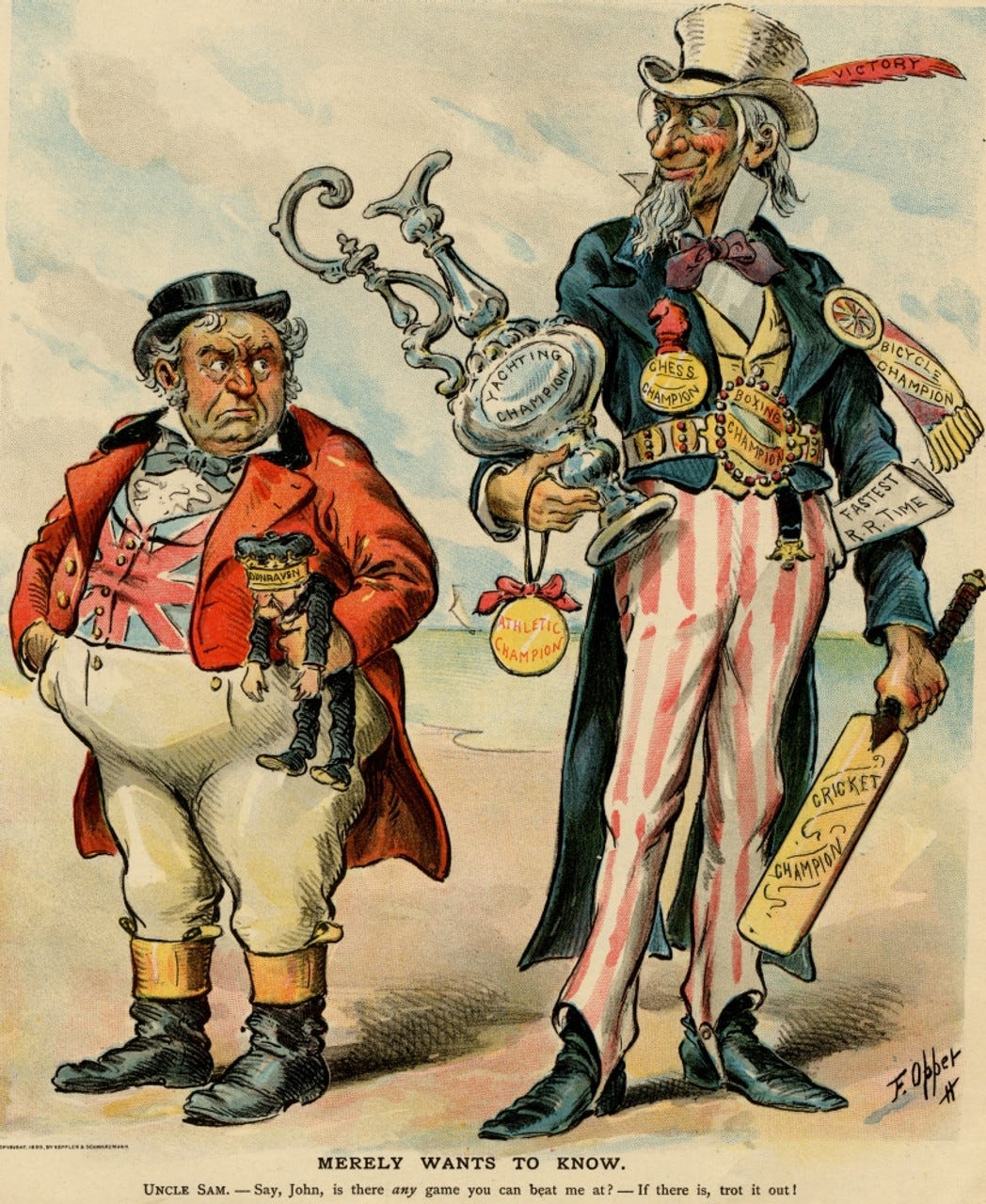A slightly better form of metonymy
An almost inevitable defect of geopolitical discourse consists in expressing arguments in terms of a state’s interests. This is inevitable given the theoretical basis of the discipline: that “geography is destiny”, a quote attributed to Napoleon right before the invasion of Russia.
Sigmund Freud said that “anatomy is destiny”, too, roughly a hundred years later, and did so specifically paraphrasing the Great Corsican. Anatomy being the geography of the body, the parallelism between both quotes is not casual. It is in fact the product of a specific century, the one that lead Europe from Napoleon to Freud. A materialist era marked by industrialization, scientific discovery and global imperial competition.
The founders of geopolitics all had good educations and studied the Phaedo. You can tell because they saw geopolitical actors as defined by two aspects: their physical body (the country’s territory itself), and the political soul in control of said body. As materialists, they considered the latter’s behavior a function of the former.
Territory, constrained by geography, generates certain necessities and proclivities, just as an organism’s behavior is ultimately defined by its anatomy. For the decimononic statesman, location, natural wealth and even the shape of borders were key political factors to be exhaustively studied.
Thus, for instance, Russia’s abundant resources and long borders supposedly engender distrustful, resilient, and authoritarian regimes. Great Britain’s insularity and relatively small size explain its predatory and enterprising behavior. Germany’s lack of natural borders and relative land-lockedness lead to its conservatism and bellicosity. Spain’s isolation from the rest of Europe justify its tendency for inner conflict. The examples are endless.
The national characterizations typical of this era are a testament to the model’s usefulness as memetic ordnance: Uncle Sam, John Bull and Marianne are all attempts at summarizing their nation’s “spirit” for political marketing purposes.
There are of course more high-brow versions of this meme magic. Esoteric concepts like tellurocracy and thalassocracy have persisted into our age due to their particularly poetic and intuitive nature. They do a good job in explaining basic strategic dynamics and are fine literary tools, but are often misused as personality descriptors. A country cannot collectively take the Myers-Briggs Test, although there are curious attempts at this.
Seeing countries as the seats of geopolitical agency leads to an over-simplified discourse about international relations, and the type of confidence only ignorance or bad faith can explain. A country (and the same goes for a state) isn’t something that fights; it’s fought for. Neither Ukraine, nor Russia, nor “the West” are subjects, but objects of struggle.
A country is not an entity with its own interests and agenda. The world and all the countries in it are run by people. Often a limited number of them, in fact, with specific names and attributes, engaging in specific conspiracies.
These conspiracies have the objective of controlling what we call the establishment; a political network with its own inertial tendencies. The State is just the most formal part of the establishment. As a network, the establishment is more dense in capital cities, which leads to a more appropriate way of referring to geopolitical actors. Thus, when we say that “Moscow wants this”, “Berlin is interested in that”, we delve closer to truth. It’s a slightly better form of metonymy, one that hints at the clique-ish nature of politics.
The real agent of geopolitics is the faction trying to control the establishment that controls a territory (such as a country).
This a distinction might have felt trivial for the sensibilities of 19th century Europeans. After all, theirs was a world in which the establishment’s ties to the land were obvious. Wealth and power were directly tied to territory, population and industrial capacity. Patriotic duty and material necessity were inextricably linked. It was easy to identify the establishment with some sort of political soul, a country’s emanation into the realm of ideas.
We do not live in that world.
Today, the people trying to control an establishment are not necessarily being informed by their country’s physical reality and necessities. Actually, they often ignore them or flat-out want to redefine them. This disconnection is at the root of the center-periphery conflict raging all across the West.
Talking about global power struggles and referring to countries and states as actors, instead of objects of desire and dispute is an outdated misconception. To anyone who understands anything, it sounds as cringe as calling non-European people “black and brown bodies”. The two figures of speech respond to outdated misconceptions. When used disingenuously, it’s usually by the same certain type of people: the ones that have some use for you.






